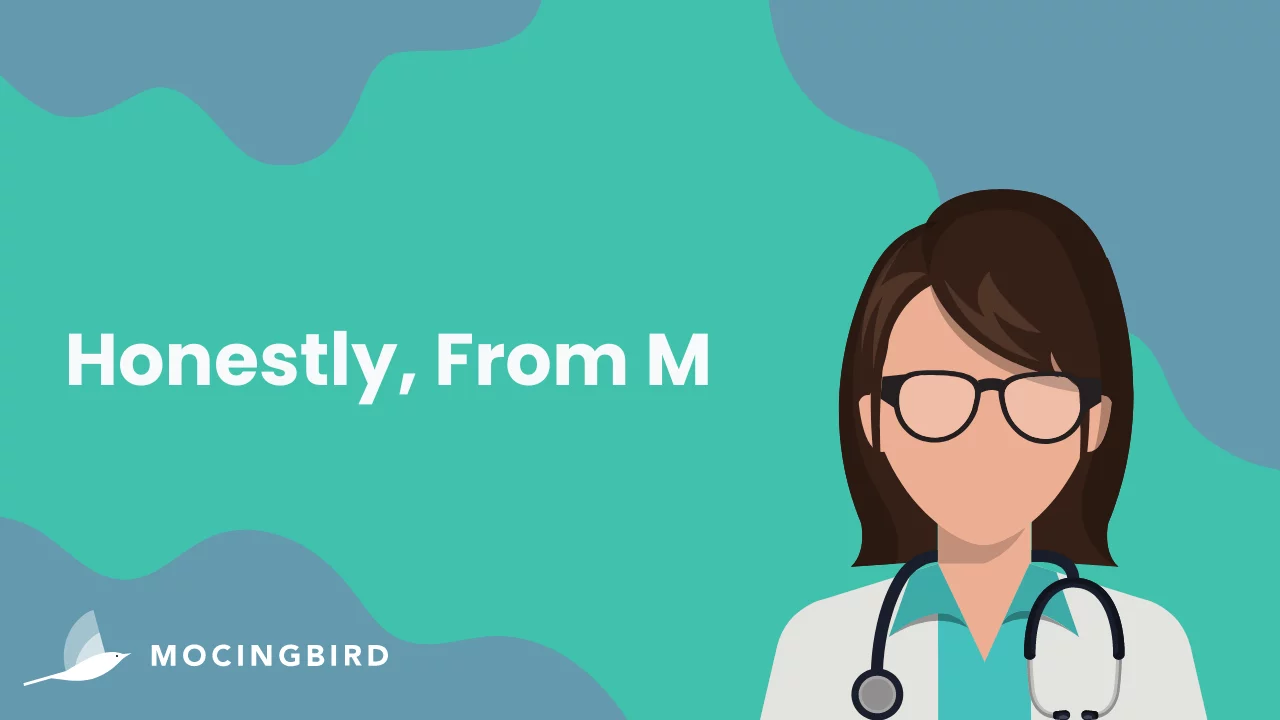Between diagnosing diseases, optimizing treatment plans, and drug discovery, AI has the potential to transform healthcare in unprecedented ways. However, this transformation comes with a significant responsibility: the need to strike a delicate balance between innovation and privacy.
The Data Security Challenge
Data Vulnerabilities
The large volumes of data required for AI training and decision-making create potential vulnerabilities if not adequately protected. These vulnerabilities include concerns such as bias and fairness, data quality, poisoning, and drift, to name just a few.
Privacy Concerns
Patients rightfully expect their medical data to be kept confidential. The use of AI raises concerns about who has access to their sensitive information and for what purposes.
Regulatory Compliance
Healthcare organizations are subject to strict regulations, such as the Health Insurance Portability and Accountability Act (HIPAA) in the United States and the General Data Protection Regulation (GDPR) in Europe. Non-compliance with these regulations can result in hefty fines and legal repercussions.
Striking the Balance
Data Encryption
Encrypting data at rest and in transit is crucial. This ensures that even if unauthorized access occurs, the data remains unreadable.
Access Control
Implement strict access controls to limit data access to authorized personnel only. Regularly audit and monitor data access to detect and prevent unauthorized use.
Ethical AI
Develop AI models that are explainable, transparent, and ethically trained to avoid biases and respect patient rights.
Patient Consent
Ensure that patients are informed about how their data will be used and obtain their informed consent when required by regulations.
Regular Audits and Compliance
Continuously assess and update security measures to comply with evolving data protection laws.
The Future of AI-Driven Healthcare
Interoperability
Ensure that AI systems can seamlessly integrate with existing healthcare infrastructure and share data securely.
Education and Training
Healthcare professionals and AI developers must be educated on data security best practices and ethical AI principles.
Collaboration
Encourage collaboration between healthcare institutions, tech companies, and regulators to establish common standards and guidelines.
Final Thoughts
With the limitless potential of AI across industries, it’s important to uphold the responsible deployment of AI in healthcare, as it demands a commitment to data security and patient privacy. Achieving this balance between innovation and privacy will enable us to harness AI’s transformative power while maintaining the trust and ethical standards that are central to healthcare.
—
About Mocingbird
Mocingbird is a SaaS management platform dedicated to improving medicine and clinician well-being. Our comprehensive solution eliminates the chaos of ongoing credentialing and delivers high-impact Continuing Medical Education (CME). With Mocingbird, individual clinicians gain a convenient one-stop solution to validate, track, document, and calculate their CME requirements for professional license maintenance. Healthcare organizations benefit from a powerful management tool that provides a real-time compliance overview for effective risk mitigation. Founded by Interventional Cardiologist, Dr. George Fernaine, and Orthopedic Spine Surgeon and CEO, Dr. Ian Madom. Schedule a meeting with the Mocingbird team.
—
About the Author
With 10+ years of industry experience, George Rhinehart is Mocingbird’s Director of Engineering. His background includes roles as an electronics engineer, software engineer, and software manager at Lockheed Martin and Northrop Grumman, where he worked on air and space defense contracts. He holds a BS in Computer Engineering, an MS in Systems Engineering, and an MBA




